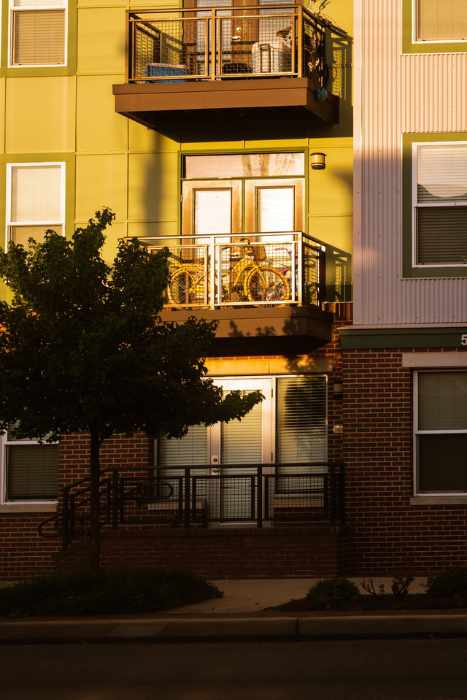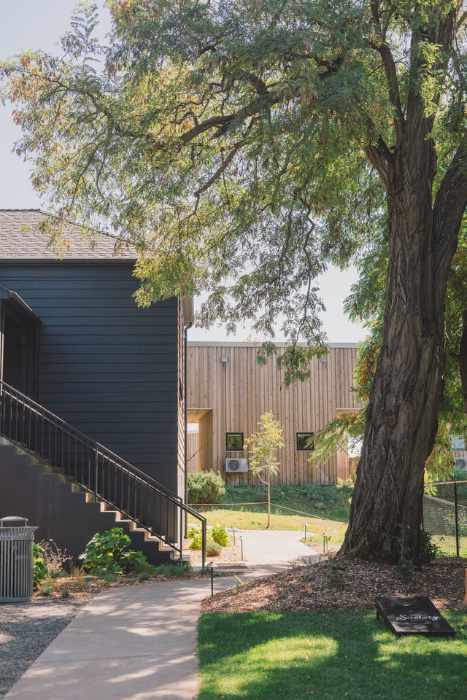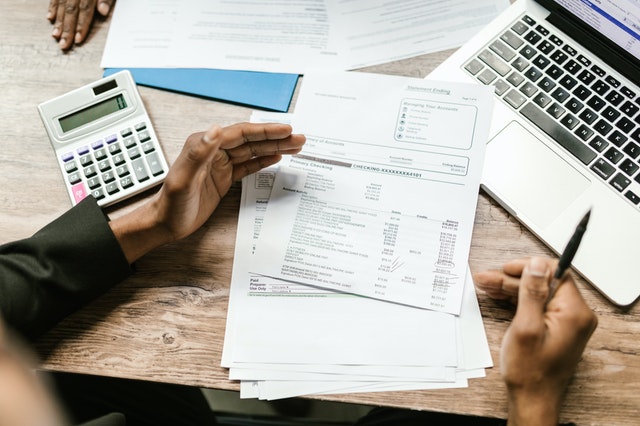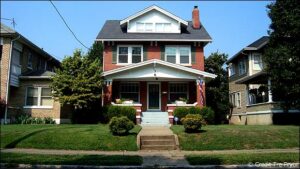Thinking of buying a rental property? Here is something to know: the eventual success of your investment is primarily determined by the steps you take before you buy the property. You can set up yourself for failure or success by how much due diligence you do before you pay for any property. Read on to learn the most important buying criteria for rental property investment.

Among the other considerations that go into the selection process, you must also evaluate the qualities of your proposed location, In this post, we look at the top criteria every would-be property investor should look at before they buy a rental property.
Most Important Criteria for Buying a Rental Property
1. Location
Real estate is all about location. The value of a rental property is completely dependent on where it is located. An average property in a great location will outperform a great property in a bad location. But what makes a location good?

- Booming jobs market: The presence of several big employers and diverse industries is the number one factor. People will always be attracted to a location where there are jobs. Where there are people there will be lots of small businesses and an abundance of commercial activities.
- Sufficient amenities: There must be a good blend of public and private amenities in the area. The presence of multi-modal transport is also vital. The location must also have enough gyms, shopping areas, restaurants, libraries, etc.
- Schools: The quality and number of school districts, plus how many good schools at various levels there are, is a big factor. Families with small children routinely make this a primary condition for moving into any area.
- Future developments: Even if a location does not have all of the above, it can still be a good place to buy rental property if there are plans to develop the area. Businesses and population growth will often follow the municipal planning department’s zoning of an area.
2. Neighborhood Characteristics
This is about the specific qualities of the various neighborhoods within a location. The neighborhood determines the kinds of tenants you can hope to attract to your property and how much rental income you will earn. Generally, there are three kinds of neighborhoods.

- Predominantly homeowners: These neighborhoods have an abundance of nice houses with well-kept lawns and tree-lined streets. Most homes are single-family dwellings occupied by their owners. This is not the kind of neighborhood you want for a rental property.
- Homeowner-renter neighborhoods: These neighborhoods have a lot of blue-collars and the ratio of renters to homeowners is usually somewhere around 35%:65%. These are the best neighborhoods to buy a rental property.
- Predominantly renters: These areas are mostly populated by renters. The crime rate is medium to high, amenities are less than top-notch, and the properties are often rundown. Rental properties in such areas often have high cash flow but managing them can be a huge hassle. These neighborhoods are good if you can find a property manager to operate the home.
- Others: Neighborhoods may be predominantly populated by students if there is a college nearby. Renting to students is profitable but requires additional effort. Another good location for rental properties is one where there are a lot of renters from the military.
3. Potential Rental Income
After deciding on a location and your preferred neighborhood in that location, the next thing is to find a property with high-income potential. This information can be obtained by looking at the rental rates for similar homes in the area. As a rule, any property you buy should be able to generate at least 1% of the home’s value as its monthly rent.
This means if the home costs $100K to purchase, including the cost of renovation and other expenses, the monthly rent should be $1K, at the minimum. Additionally, the cash flow from the rental should be sustainable; if a neighborhood is in decline, rental income will fall. To know if the neighborhood is growing or declining, look at the number of listings. If there are a lot of vacant homes, it is a bad sign.

4. Operating Expenses
One sign of a property with the potential to be a good investment is operating expense which is no more than 50% of the income from the property. This means you should never have to spend more than 50% of what you earn from the rental on repairs, maintenance, salaries, taxes, and other expenses. The physical condition of the home plays a huge role in its operating expense.
What kind of property should you buy?
Based on the above, what kind of property should you buy? The best investment properties are located in homeowner-renter neighborhoods with a 35% renter population. Ideally, you should buy the home at 10%-20% below market value. To determine the most you should pay for that property, just multiply the potential rental income from the home by 100.
Finding the Right Property
Accessing the information you need to decide on where to invest and which home to buy can be challenging. After considering these buying criteria for rental property how do you move forward? An easy way to get past this hurdle is by working with an experienced estate agent. A real estate agent who knows the area will give you information that you could not have obtained otherwise.



